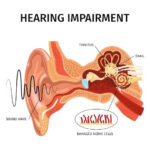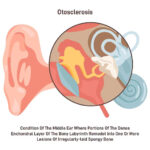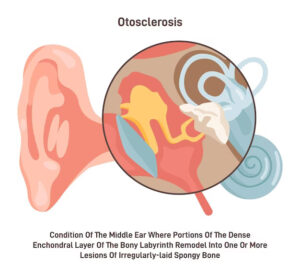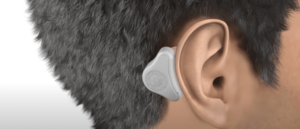
Introduction:
Hearing loss is a prevalent condition that affects millions of people worldwide. Over the years, hearing aid technology has evolved, with new advancements continually emerging. In recent times, technological advancements in audiology have been significant, and the future of hearing technology holds vast potential in the field of audiology. This article aims to explore the latest advancements in hearing technology and the implications they hold for individuals with hearing loss.
Advancements in Hearing Technology:
One of the latest advancements in hearing technology is the use of Artificial Intelligence (AI) and Machine Learning (ML). These technologies enable hearing devices to learn from an individual’s environment, optimize their performance, and personalize the listening experience. AI and ML-based devices can identify and filter out background noise, providing a clearer and more comfortable hearing experience for individuals with hearing loss (1).
Another significant advancement in hearing technology is the development of smart hearing aids. These devices have Bluetooth connectivity and can connect to smartphones and other smart devices, enabling individuals to stream music, phone calls, and other audio content directly to their hearing aids. Some of these devices also have the capability to track an individual’s physical activity, monitor their heart rate, and even detect falls (2).
Cochlear implants have also seen significant advancements in recent times. The traditional cochlear implants were limited in their ability to deliver sound. However, the latest cochlear implants can detect sound and convert it into electrical signals that stimulate the auditory nerve, providing a more natural hearing experience for individuals with hearing loss (3).
Implications of Advancements in Hearing Technology:
The advancements in hearing technology have significant implications for individuals with hearing loss. The use of AI and ML-based hearing devices can provide a more personalized and optimized listening experience for individuals. Smart hearing aids can also improve the quality of life for individuals with hearing loss by enabling them to connect to various devices, thus enhancing their overall connectivity and social participation (4).
The development of advanced cochlear implants means that individuals with severe to profound hearing loss can now benefit from hearing aids, improving their communication abilities and overall quality of life (5).
Conclusion:
In conclusion, the future of hearing technology holds significant potential for individuals with hearing loss. The advancements in AI and ML-based hearing devices, smart hearing aids, and cochlear implants can significantly improve the quality of life for individuals with hearing loss. The use of these technologies can also reduce the stigma associated with hearing loss and improve the overall awareness of the condition.
References:
- Purushothaman, G., Jayakumar, R., & Srinivasan, S. (2021). The role of artificial intelligence in audiology. Journal of Audiology and Otology, 25(3), 139-148.
- Hwang, J. H., & Kim, M. A. (2020). The evolving role of smart hearing aids in the era of the internet of things. Journal of Audiology and Otology, 24(1), 1-8.
- Skarzynski, P. H., & Lorens, A. (2020). Cochlear implants-advances and prospects. Advances in Clinical and Experimental Medicine, 29(8), 1003-1013.
- Laplante-Lévesque, A., Hickson, L., & Worrall, L. (2013). Factors influencing rehabilitation decisions of adults with acquired hearing impairment. International Journal of Audiology, 52(6), 384-392.
- Bocca, E., Calearo, C., & Cassinari, V. (2020). History of cochlear implants. Advances in Oto-Rhino-Laryngology, 85, 1-9.





